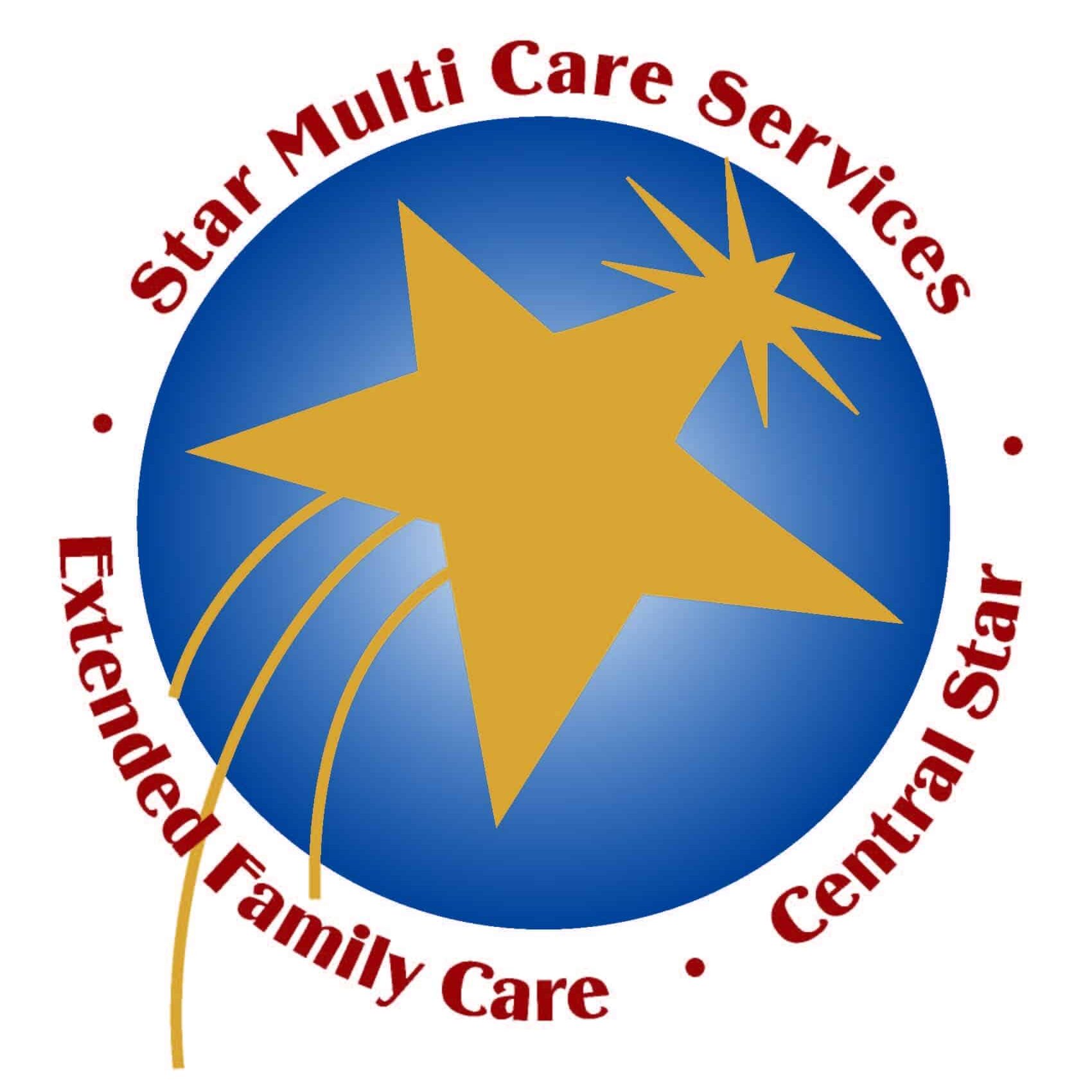The Centers for Disease Control and Prevention (CDC) reports that there are approximately one million shingles cases every year in the United States. Shingles are caused by the same virus that causes chicken pox, the varicella zoster virus. If you’re not familiar with shingles, knowing what the symptoms are can help you to identify the condition in your aging relative.

About Shingles
After a person has chicken pox, the varicella zoster virus remains dormant in their body. Later in life, the virus reactivates and causes shingles. Shingles doesn’t lead to death, but it can be really painful and sometimes leads to long-term health problems and other complications, such as:
- Pain that continues even after the rash disappears.
- Vision loss when shingles happens in or around the eye.
- Nerve problems that can cause problems with balance, hearing, or others depending on which nerves are affected.
- Blisters can sometimes become infected.
Anyone who has had the chicken pox can get the virus, but older adults who take drugs to suppress their immune systems or who have conditions that make the immune system work improperly are at greater risk.
Someone who has shingles cannot pass it on to someone who has had chicken pox in the past or who has had the chicken pox vaccine. However, if they come into contact with someone who has not had chicken pox or the vaccine, they can pass the virus on and cause chicken pox in that person.
Shingles is preventable by getting the shingles vaccine. The vaccine is not a guarantee that your aging relative will not get shingles, but it does reduce the chances. If they do get shingles, they are more likely to have a milder case that doesn’t result in complications.
Shingles Symptoms
Shingles symptoms usually happen in just one small area of the body and only on one side of the body. Symptoms of shingles include:
- Pain.
- Tingling.
- Burning.
- Numbness.
- Being sensitive to touch.
- Rash that starts a few days after the pain begins.
- Blisters that are filled with fluid. They pop and then form scabs.
- Itching.
- Fever.
- Headache.
- Fatigue.
- Light sensitivity.
Pain is typically the first symptom and it can be quite intense. It’s not uncommon for the pain to be misinterpreted as a symptom of another condition. In some cases, people have pain from shingles but never get a rash.
Elder care can assist seniors to prevent shingles by driving them to get the shingles vaccine. If the older adult does get shingles, an elder care provider can assist them to manage the symptoms while they recover. An elder care provider can help with cleaning the rash site to prevent infection. Elder care providers can also help your aging relative to choose light, soft clothing that will be less likely to irritate the rash.
Sources: https://www.mayoclinic.org/diseases-conditions/shingles/symptoms-causes/syc-20353054
https://www.medicalnewstoday.com/articles/154912.php
https://www.webmd.com/skin-problems-and-treatments/shingles/symptoms-of-shingles
https://www.cdc.gov/shingles/about/overview.html
If you or an aging loved one are in need of Elder Care Services in Stonybrook NY or the surrounding areas, contact the caring professionals at Star Multi Care Services today at (631)956-8835. We are the Right Choice for Home Health Care Services!
- Help Your Senior Welcome Back the Birds of Spring - March 26, 2025
- Honoring Our Team: Birthdays, Anniversaries, and New Additions! - March 25, 2025
- Recognition of Employees for March - March 21, 2025

